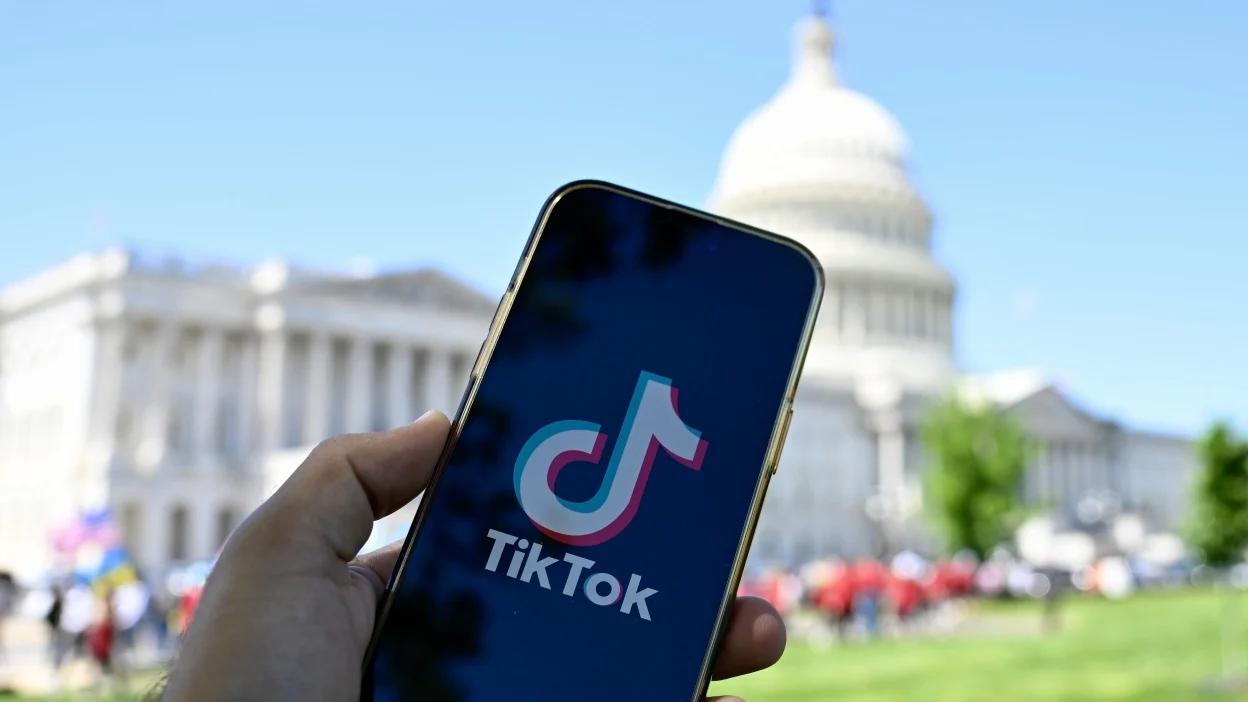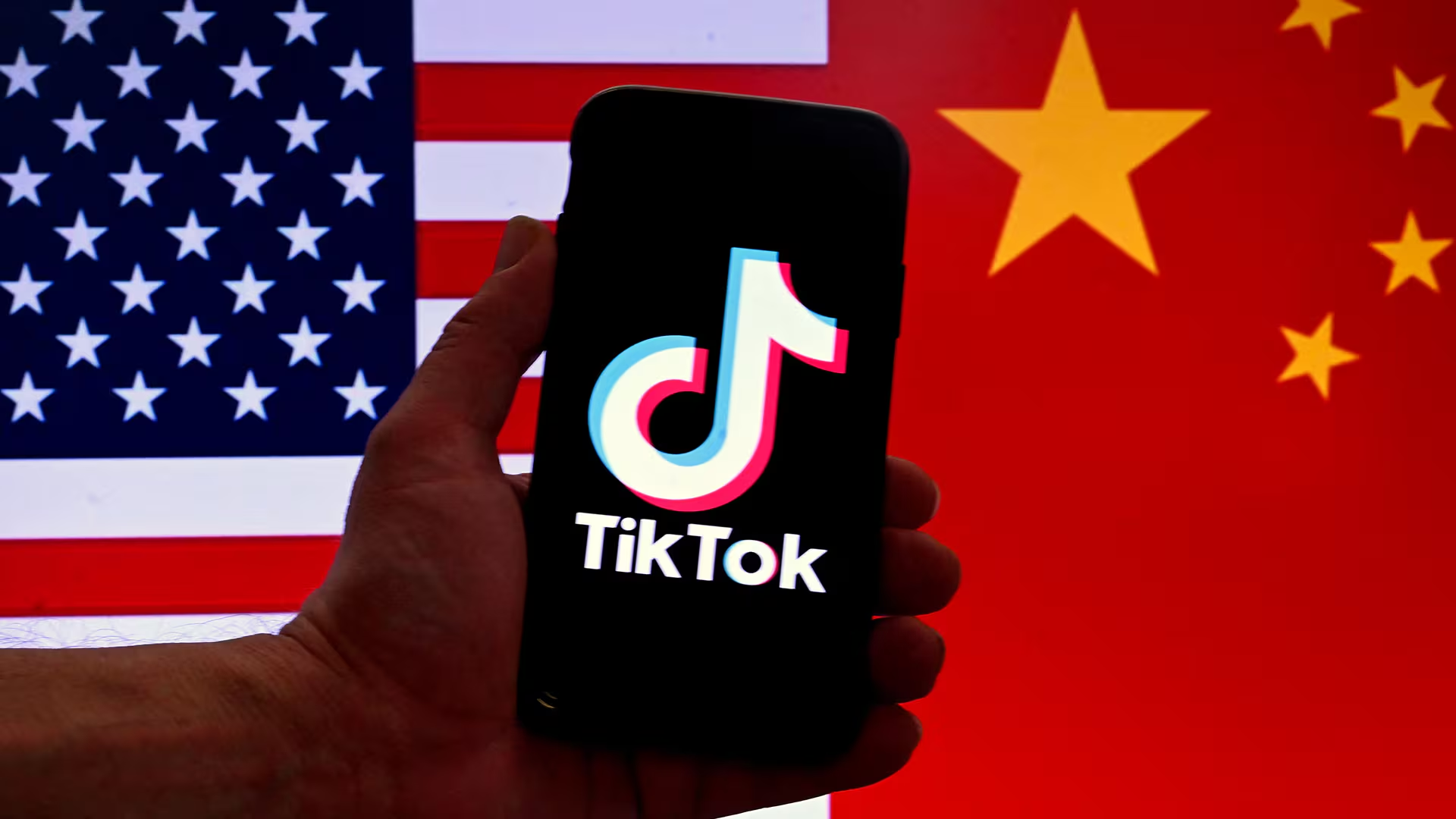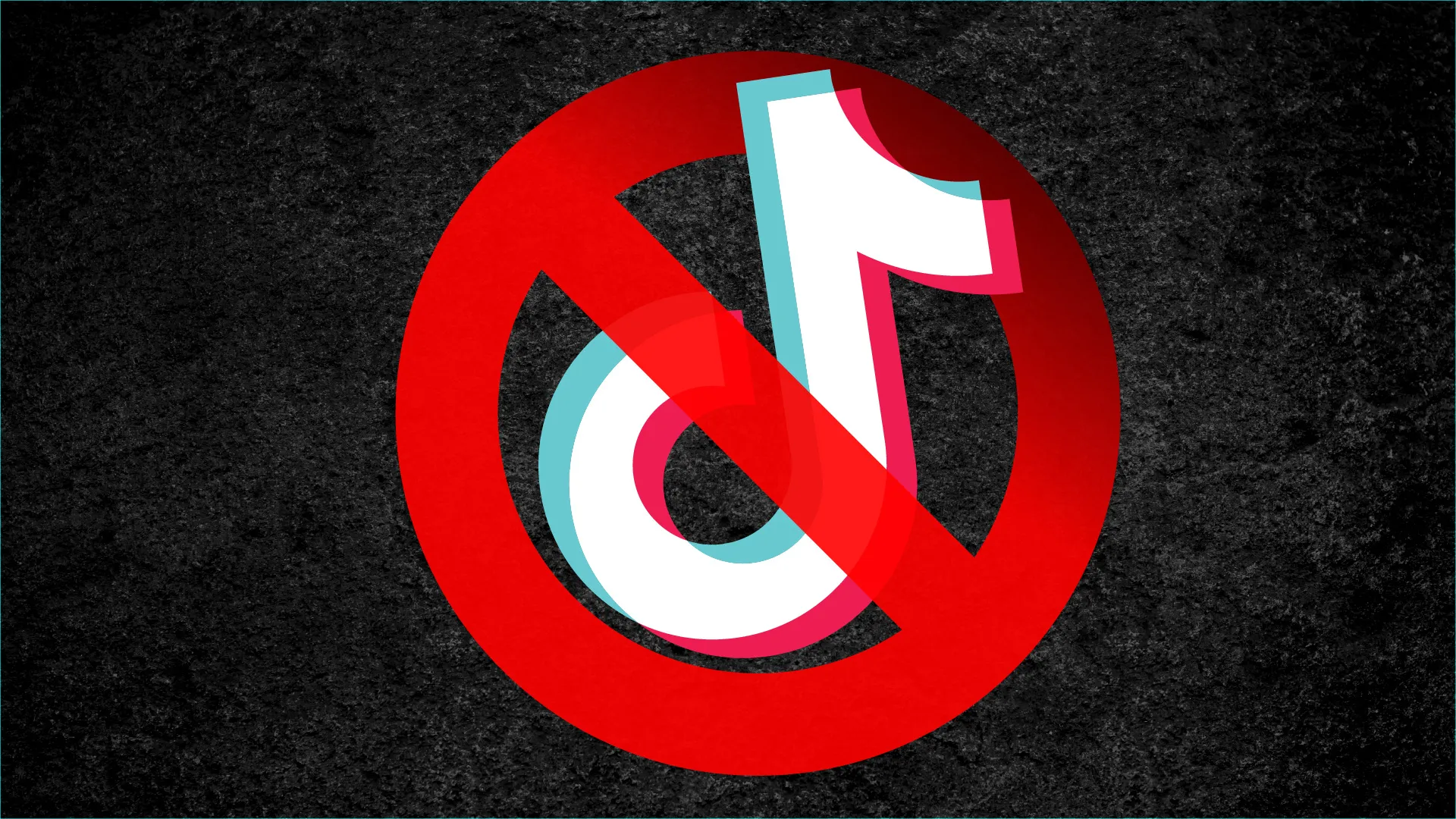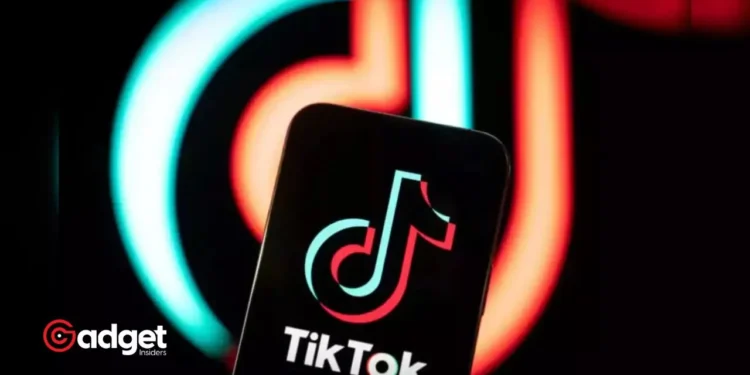In an era dominated by digital transformations, TikTok has emerged as a battleground in the United States’ legislative corridors. Despite nearly 80 senators voting for a bill that might compel TikTok’s Chinese owner, ByteDance, to sell the app or face a ban, a fascinating dichotomy exists.
Newsweek’s investigative efforts reveal that several of these senators maintain active accounts in the controversial app, highlighting a significant contradiction in their public legislative actions versus their personal social media choices.

The Political Paradox of TikTok Usage
The recent push by U.S. lawmakers to regulate or restrict TikTok under national security concerns has reached new heights with the passage of a sweeping foreign aid bill. This legislation, wrapped within a military aid package for Ukraine and Israel, includes a critical stipulation targeting TikTok.
Passed on a Tuesday night by a decisive 79-18 Senate vote, the bill demands ByteDance divest its interests in the social app within 270 days, subject to extensions if progress is evident.
This legislative move has not been without controversy. Senators like Cory Booker openly express their frustration, indicating a broader discontent with how significant decisions are tied to ‘must-pass’ bills.
Booker’s statement, “It’s one of those frustrating times for me in Washington where someone sticks something that you disagree with onto a must-pass bill as a strategy to get folks to support it, even though they don’t,” underscores the dilemma faced by legislators.

The Senators Who Voted Yet Participate
Surprisingly, some of the senators who supported the bill continue to engage with the platform they seek to regulate.
Senators Patty Murray and Raphael Warnock are noted for their limited activity primarily during campaigns, and others like Cory Booker and Sherrod Brown, who have recently posted, exemplify this contradiction.
This dual stance raises questions about the genuine motivations and implications behind their legislative choices.

The Broader Impact and TikTok’s Response
The unfolding scenario poses significant questions about the future of social media regulation and the balance between national security and free market operations. TikTok, on its part, has not remained silent.
Michael Beckerman, TikTok’s head of public policy for the Americas, voiced the company’s intent to challenge the legislative decisions, emphasizing that the move was less about regulation and more about an outright ban.
Because the measure is currently on its way to the desk of President Joe Biden, and there are indications that he will sign it into law, the storyline around TikTok is becoming increasingly significant.
An additional element of complexity has been added to this issue by Biden’s commitment to the measure, which he defended by invoking national and global security while also backing allies.
The U.S. Senate passed legislation banning TikTok from all government devices in a unanimous vote Wednesday, following a recent surge by state governments to ban the app—owned by Chinese firm ByteDance—on national security grounds. pic.twitter.com/DxH3e5Cacj
— Forbes (@Forbes) December 15, 2022
A Convergence of Policy and Practice
The TikTok saga offers a lens through which the complexities of modern governance and digital diplomacy are viewed. As senators navigate the choppy waters of public policy versus personal practice, the outcomes of this legislative effort could redefine social media’s landscape.
With stakes this high, the balance between securing national interests and supporting global digital innovation hangs in the balance. This unfolding story not only captures a significant moment in legislative maneuvers but also highlights the broader debates surrounding privacy, digital security, and the influence of social media on public policy.
The continued use of TikTok by lawmakers who simultaneously regulate it speaks volumes about the intricate dance of politics in the digital age.










